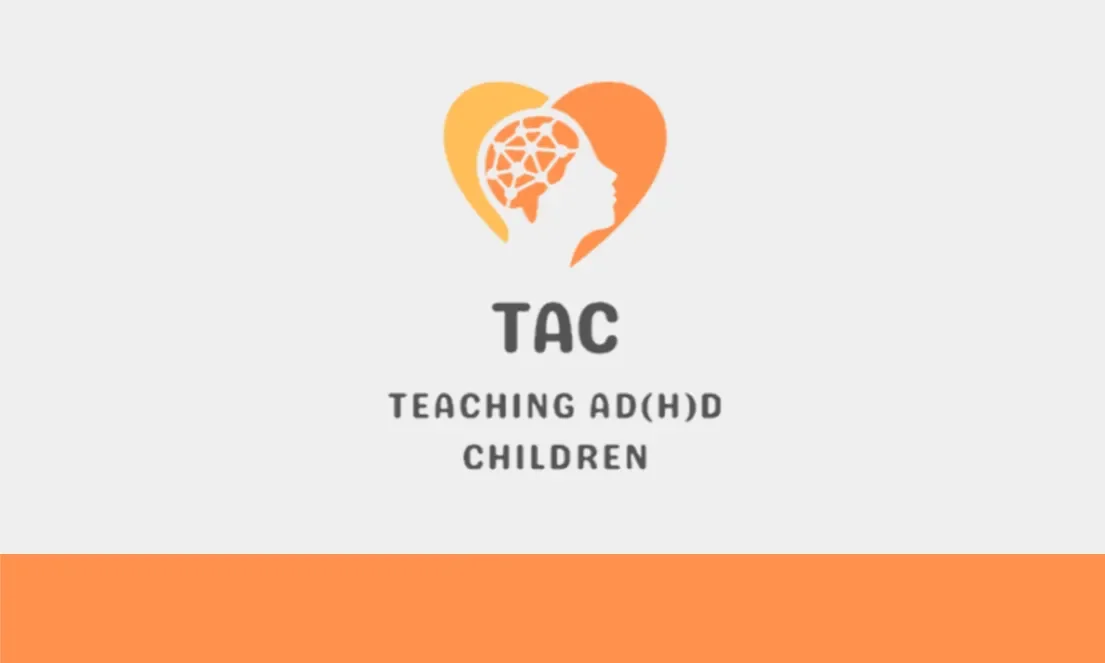

Call for teachers to take part in Teaching AD(H)D Children (TAC) project
A collaborative Erasmus project, TAC involves a partnership between the Institute of Education in DCU and institutions from Bulgaria, Austria, Portugal, and Germany. The Principal Investigators are Dr Geraldine Scanlon from the school of Human Development and Grainne McKenna from the School of Language, Literacy, and Early Childhood Education.
The primary purpose of project is to design, develop, test, and promote a professional development program for teachers at primary and secondary levels and teachers in initial teacher education programmes to respond to the needs of children with ADHD in mainstream schools. It also will look to evaluate teachers' knowledge, understanding, and attitudes towards pupils with ADHD in Ireland. TAC will promote teacher confidence and competence in responding to and facilitating pupils with ADHD-like behaviours in the classroom.
The project is informed by Article 28 of the United Nations Convention on the Rights of the Child (1989), which asserts children's right to access and participate in education. Realising these rights places the emphasis and responsibility on society and state institutions to ensure meaningful inclusion in mainstream education. In a European context, TAC is unique as it encompasses primary and post-primary educators across four countries, harnessing skills and experiences to promote inclusion.
How does ADHD affect children and their teachers?
Children with ADHD experience challenges that are often most evident in the classroom. Children can experience difficulties with memory, emotional regulation, information and sensory processing that impacts their learning experiences in school settings. These challenges can lead to misunderstandings, stigmatisation, social exclusion, and even early school dropout. ADHD often exists alongside other psychological difficulties, such as depression, anxiety, learning difficulties, and oppositional behaviours. These co-occurring difficulties can compound the challenges experienced by both pupils and teachers.
Given approximate worldwide prevalence rates of 5.3% (Espinet et al., 2022), teachers require comprehensive training, information, knowledge, and support about ADHD, its causes, impact, and strategies to manage and support children with ADHD in the classroom.
The project will promote successful teaching competencies required to accommodate and support children with ADHD through evidence-based interventions.
How can I take part?
The project is grounded in the experiences of teachers and teachers in initial teacher education. To explore these experiences, the TAC research team has created an anonymous survey. The survey asks participants to share their knowledge and experience of ADHD, their attitudes to pupils with ADHD, and interventions they may have or are using in the classroom. This survey's findings will help inform the development of culturally-sensitive and targeted training modules for teachers in primary and post-primary schools.
If you would like to participate in the anonymous survey to help develop support for children with ADHD, please follow the link here.
For further information about the TAC project, you may contact the Principal Investigators, Dr Geraldine Scanlon or Grainne McKenna.
